Medication management
While medication is not always the answer, it can be an important part of treatment for many people suffering from mental health conditions. Prescription medication can provide relief from chronic or acute symptoms of mental health disorders and enable you to function better throughout your daily life. However, finding the right medication to treat your mental health symptoms does not happen overnight. That’s why it is so important to find a psychiatric specialist you trust to help you establish a treatment plan that works for your unique condition and needs.




What is medication management?
Medication management is a process that involves working with a psychiatric specialist to find the best possible medication or combination of medications to treat your mental health condition.
It is important to remember that there is no one “right” medication for everyone, and that the goal of medication management is to find the best possible fit for you as an individual.
The process of medication management generally includes a thorough evaluation by a psychiatric specialist, followed by a discussion of treatment options and potential side effects. If you and your clinician decide that medication is the best course of action for you, they will work with you to find the right medication (or combination of medications) and monitor your improvements and any side effects over time.
Talk to a psychiatric professional near you
The decision to try medication is a big step in your mental health journey. Our Geode Health psychiatric healthcare providers can help you understand the benefits, side effects, and considerations of different mental health medications to find the right treatment plan for your unique condition.


Types of psychiatric medication
Antidepressants are the most commonly prescribed type of mental health medication. Antidepressants work by increasing levels of certain chemicals in the brain, such as serotonin and norepinephrine. These chemicals are thought to improve mood and relieve depression symptoms.
Antidepressants are often prescribed along with therapy to help people manage their condition. It can take several weeks to get the full benefit of antidepressants, so it’s important to be patient and keep taking them as prescribed even if you don’t feel an immediate improvement.
Common antidepressants include:
-
Fluoxetine (Prozac)
-
Sertraline (Zoloft)
-
Escitalopram (Lexapro)
-
Bupropion (Wellbutrin)
-
Venlafaxine (Effexor)
-
Citalopram (Celexa)
-
Paroxetine (Paxil)
Anti-anxiety medications reduce symptoms of anxiety and panic disorders, such as racing heart, trembling, and shortness of breath.
Depending on your condition, your psychiatrist may prescribe a medication to treat acute anxiety symptoms. This type of anti-anxiety medication can be helpful for those who suffer from episodes of extreme anxiety or experience panic attacks. Other anti-anxiety medications can be taken daily to treat chronic anxiety.
Common anti-anxiety medications include:
-
Antihistamines, such as hydroxyzine (Atarax, Vistaril)
-
Beta-blockers, such as metoprolol (Lopressor,Toprol-XL)
-
Benzodiazepines, such as alprazolam (Xanax), lorazepam (Ativan), clonazepam (Klonopin), or diazepam (Valium)
A mood stabilizer is a medication that helps to even out the highs and lows of mood swings. It is commonly used as a bipolar disporder treatment, but can also be effective for other conditions.
Mood stabilizers are usually taken on a long-term basis to help keep your mood from becoming too volatile.
Common mood stabilizers include:
-
Lithium
-
Valproate (Depakote)
-
Carbamazepine (Tegretol)
-
Lamotrigine
Antipsychotics are a type of medication that is used to treat psychosis but may be prescribed for other conditions as well, such as severe depression, bipolar disorder, or PTSD treatment.
Antipsychotics work by altering the levels of certain chemicals in the brain, which can help to reduce the symptoms of psychosis.
Common antipsychotic medications include:
-
Haloperidol (Haldol)
-
Aripiprazole (Abilify)
-
Chlorpromazine (Thorazine, Largactil)
-
Olanzapine (Zyprexa)
-
Risperidone (Risperdal)
-
Quetiapine (Seroquel)
-
Loxapine (Loxitane)


How long does it take to find the right medication?
Many factors can affect how long it takes to find the right mental health medication. The severity of your symptoms, the underlying cause of your condition, and your unique physiology all play a role in determining which medication will be most effective.
Your Geode Health clinician can also order a genetic test in order to help guide their decision of which medication to start. These genetic tests, also called pharmacogenomic testing, are beginning to show promising data that they improve medication selection. If you are interested in this type of testing, let your clinician know.
In general, your psychiatrist will recommend that you give each medication a fair trial before moving on to another option. Generally, this means taking the medication as prescribed for at least 2 weeks. If you do not see any improvement after that time, speak with your doctor about trying a different medication.
During your medication management appointments, your psychiatrist will evaluate the results of the medication(s) you have tried, as well as any side effects you have experienced. Your condition and your response to a medication may change over time, so ongoing medication management will help you maintain the correct type and dosage of medication.
Find out if mental health medication is right for you
Medication management is an important part of the treatment for many mental illnesses. Psychiatric medications require ongoing appointments in which patients and psychiatrists make sure that they’re working effectively, safely, with no severe adverse side effects. You do not have to suffer through mental illness alone: there is help. Contact a Geode mental health professional today to learn more.


If you are in crisis and in need of immediate support
Please call the National Suicide Prevention Lifeline by dialing 988 or text the Crisis Text Line by texting HELLO to 741741